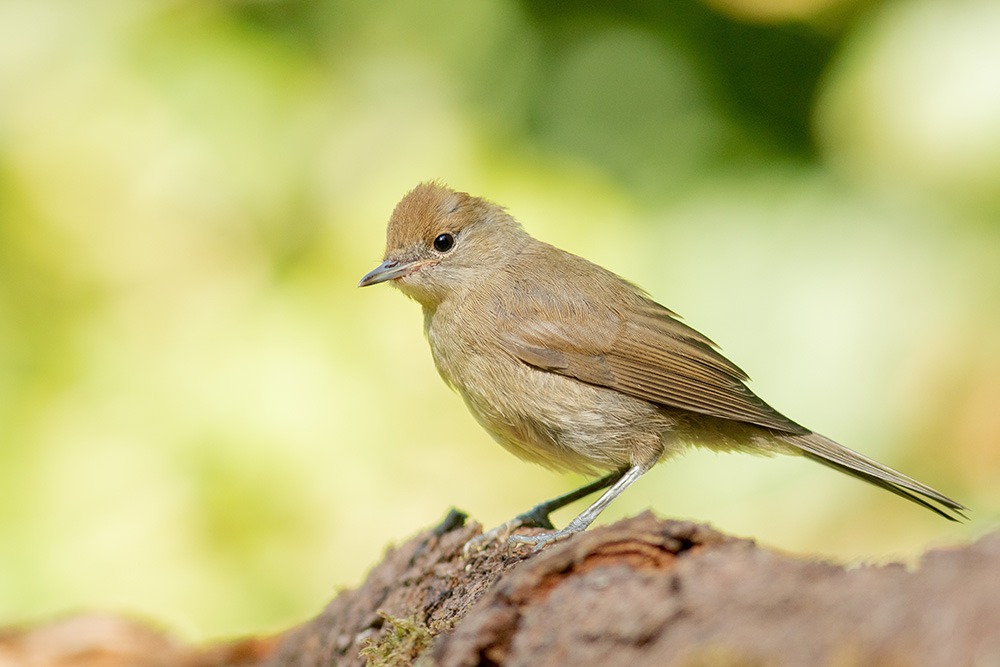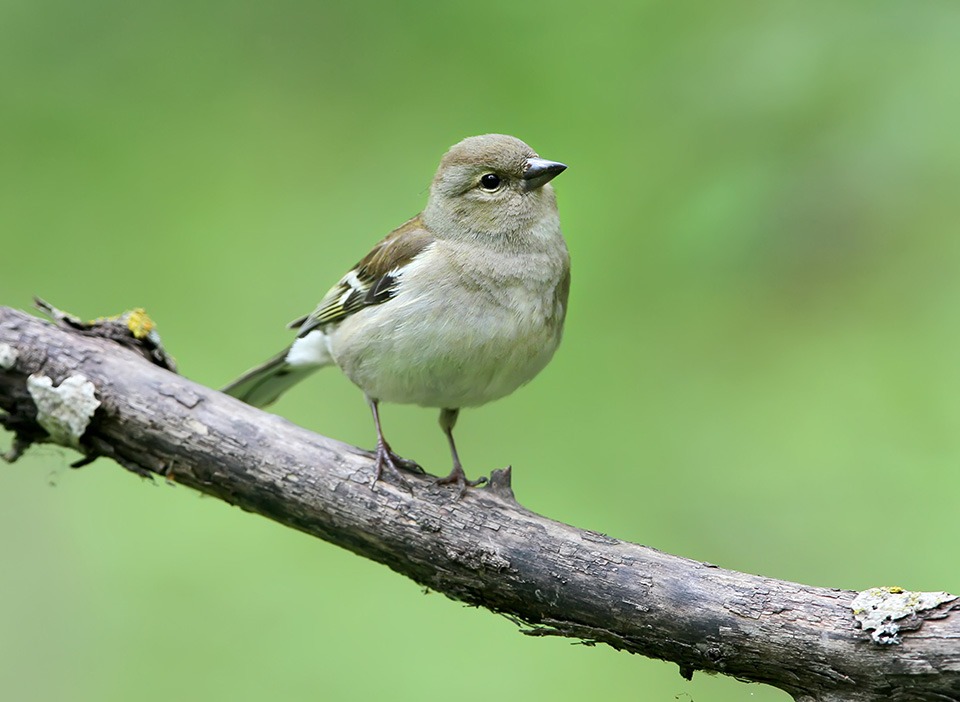Free UK delivery when you spend over £30
Free UK delivery when you spend over £30


With a change of season on its way, we often get asked the question: should I feed wild birds in the summer?
The answer is widely thought to be that it’s not the correct thing to do as it is likely to make the birds lazy and unwilling to search for natural foods themselves. However, research has shown that birds only receive a small proportion of their daily food from feeders which means they are not reliant on the food we lay out for them.
So, despite the common misconception, feeding birds is not a winter months activity, and some birds may rely on the summer food to tide them over the leaner winter months.
Feeding birds during the summer will not make them dependent on the feed you give them and, on average, they consume most of their food from natural sources.Although natural resources are in abundance during the summer months, it’s still important for you to leave nutritious bird feed out, especially in built up areas.
You can benefit by feeding birds during summer as the days are longer, giving you more time to observe the different birds visiting your feeders. There are many young birds and fledglings with bright plumage increasing enjoyment and making identification easier. The number of different species that visit Northern Europe during the warmer summer months and those that only feed during the winter may miss out on spotting them.
High protein foods, such as mealworms, grated cheese and peanuts are ideal. Never feed salted peanuts to birds as the salt is highly toxic and can be fatal to birds. Thrushes and tits like apples, grapes, pears and soaked raisins/currants. You can either chop them up and scatter across your garden or put them on a bird table or feeder.
To attract a variety of species why not put out bird seed, such as an all-round mixed seed or straight feed seed selection. Sunflower hearts are a great source of food to attract a huge range of wild birds to your garden over summer. They are packed with energy and as they don’t have a tough seed coat to crack open they’re easy for birds to eat.
If you’re looking to attract goldfinches and greenfinches then niger seed is a good choice. Derived from the African yellow daisy, niger is rich in oil and highly nutritious.
Birds need lots of nutrient-dense and protein packed food to help raise their young, so it is best to make sure less nutritious food is not offered. Avoid “junk food” such as kitchen scraps including bread as they contain no nutrients for hatchlings and young fledglings.
Peanut butter can melt quickly in warm weather leaving sticky oil that can get stuck in feathers and damage plumage. Soft, fatty blends like fat balls can melt and quickly go rancid growing dangerous bacteria.
During the summer Bird food hygiene Is particularly important. Ensure feeders are kept in the shade to help stop bird food turning while making the area a comfortable spot to feed. Only put out enough food for a day to prevent rats and other unwanted nocturnal animals taking it. Ensure you clean your bird tables and feeders regularly to make sure insects are not attracted and dangerous bacteria doesn’t grow. Bird baths should be sterilised and old food removed to stop build up of algae and bacteria that can be present in stagnant water. Don’t forget to top up water sources as evaporation is more likely.
